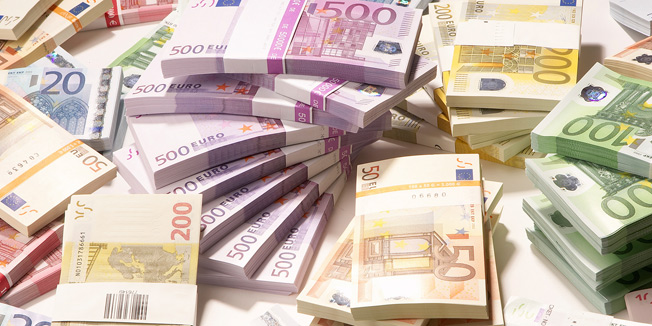After last winter Europe was faced with expensive energy due to the war in Ukraine, this year the conflict between Israel and Hamas could further shake the energy markets.
Although markets are relatively calm for now, the conflict could disrupt Europe’s relations with the Middle East or even draw Iran into direct confrontation with Israel and its Western partners, writes Politico.
European Energy Commissioner Kadri Simson said Europe was “equipped to face the tight global oil and diesel market” because they had “learned a lesson” after Russia’s invasion of Ukraine.
”We are trying to understand all our vulnerabilities in order to solve them in the best way and thus be ready for any incidents or emergency situations,” she said.
In order to prevent any potential disruptions, the European Union (EU) last week held a series of meetings with oil-producing countries, Norway, Algeria, and Nigeria.
”The Eastern Mediterranean is an important stage for European energy security, given that the European energy transition is still entangled in geopolitical uncertainties,” stated Simson.
Conflicts in Gaza, and to a lesser extent along Israel’s northern border with Lebanon, had only a limited impact on the oil market. After the news of the attack by Hamas on October 7thand Israel’s response, there was a rise in prices, but this week the reference value of Brent oil fell by 4.2 percent, ie to about 81 dollars per barrel, which is the level before the start of the conflict.
Thus, the situation of 1973 was not repeated, when the Yom Kippur War between Israel and its neighbors encouraged large Arab manufacturers to embargo exports to Israel’s allies. Largely due to the fact that the relations of the Gulf countries with Israel are much better than they were then.
Experts therefore believe that if the conflict does not spread, oil supplies will remain more or less stable. The biggest risk is Iran because, in the worst case, the spread of the conflict could lead to that country disrupting shipping from the Arab countries of the Gulf through the Strait of Hormuz.
According to the European Commission, member states collectively reduced their natural gas consumption by almost 20 percent ahead of last winter, industry slowed production, and renewable energy sources play a much larger role in electricity production, Biznis Info reports.
E.Dz.


















